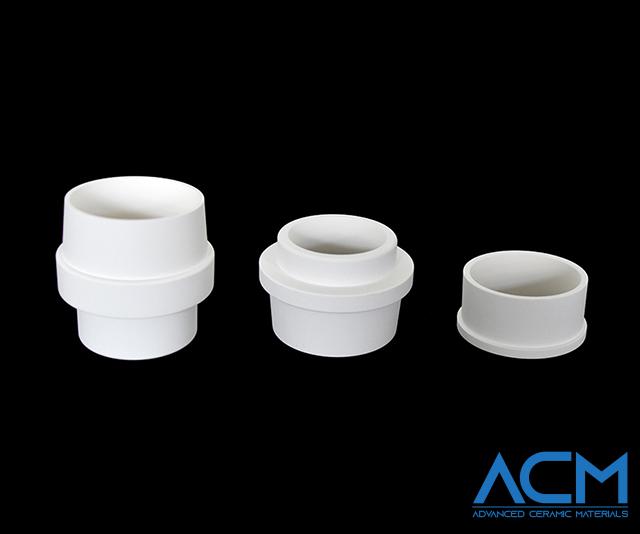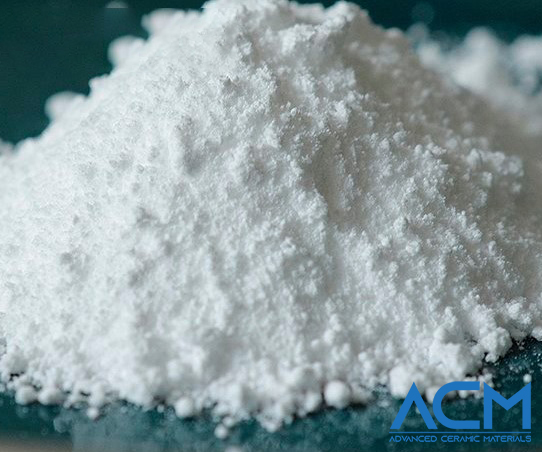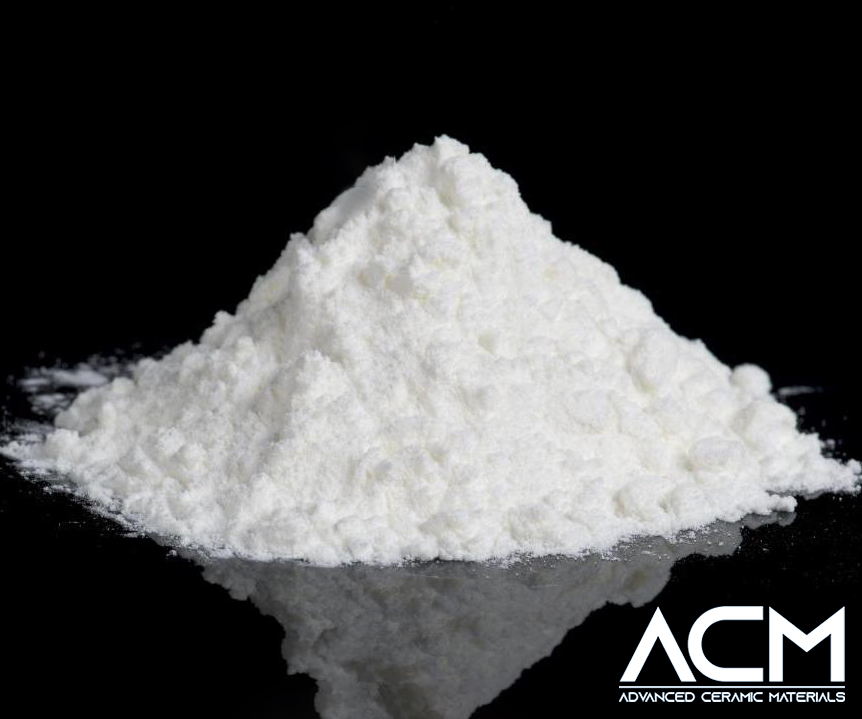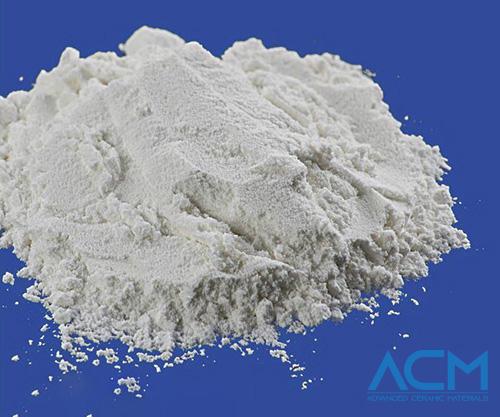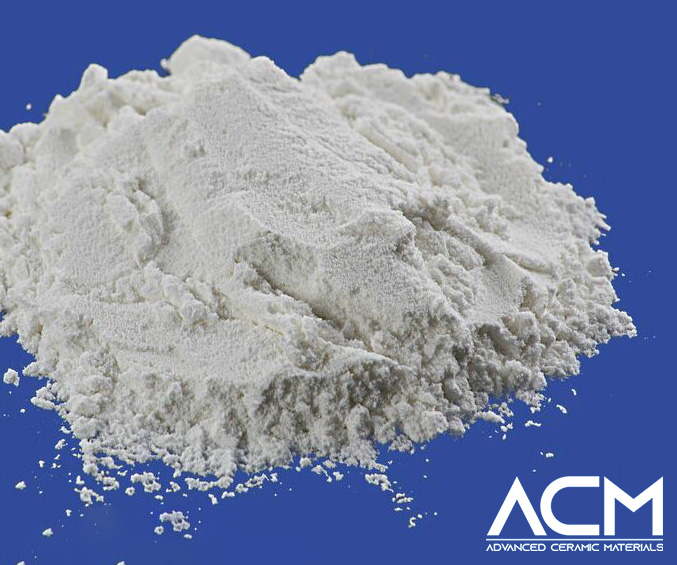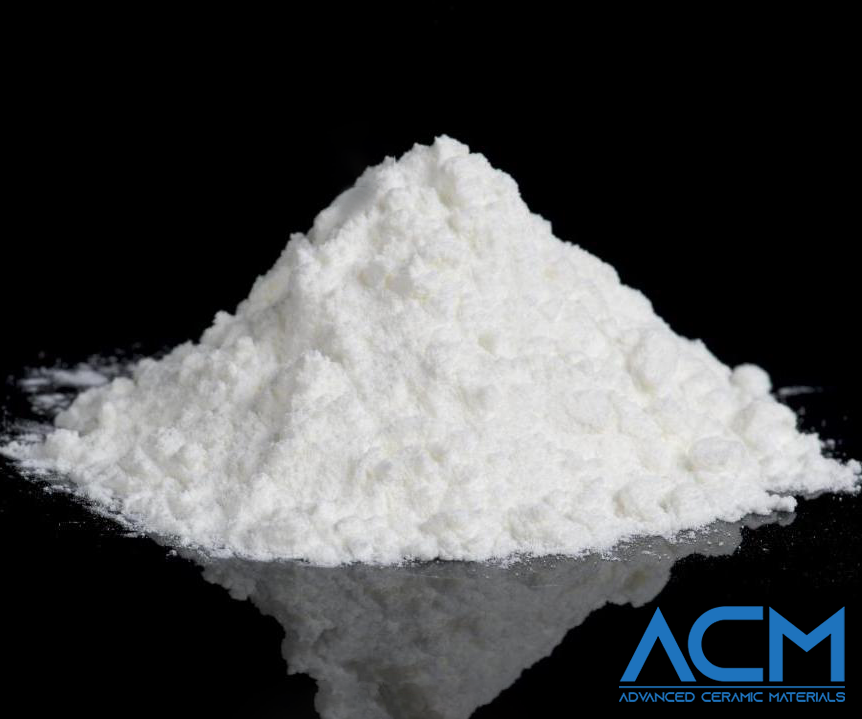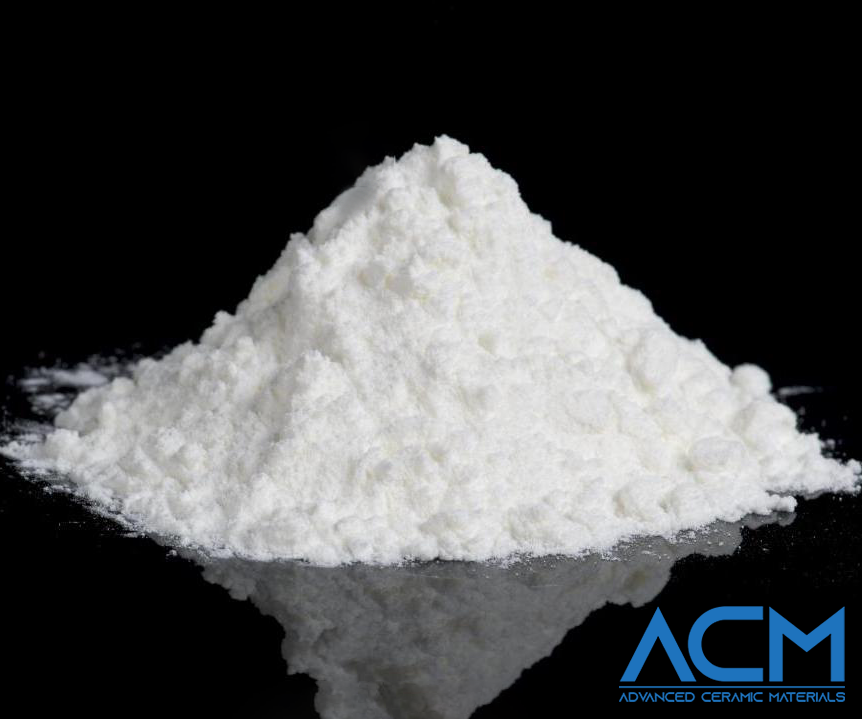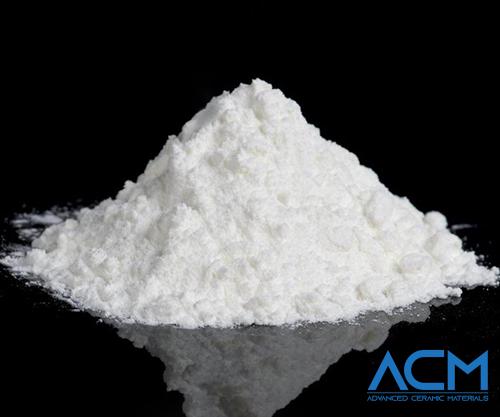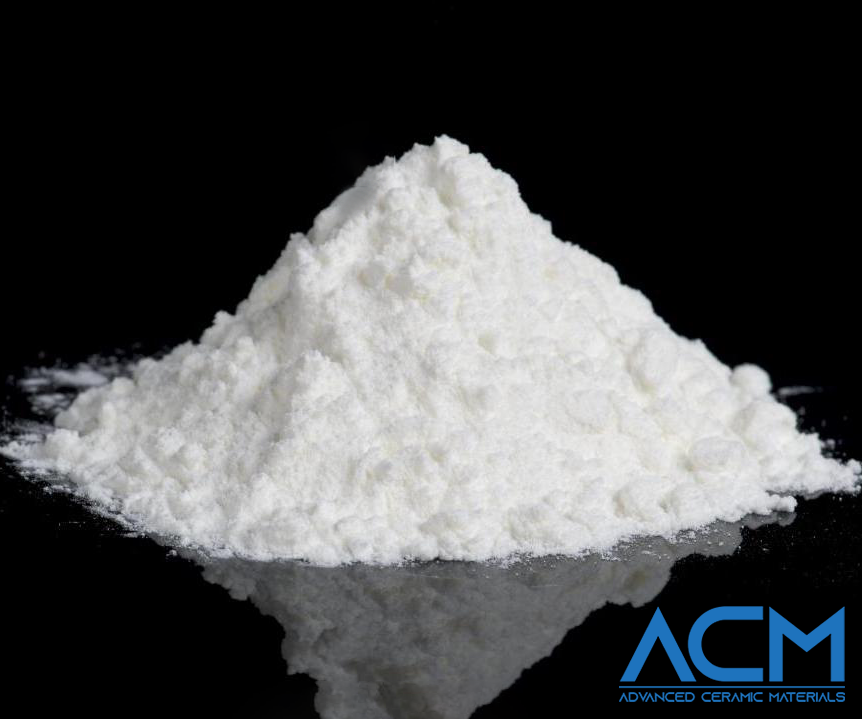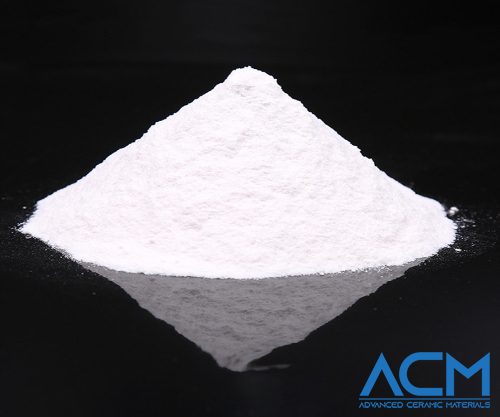AC6692 Aluminum Titanate Ceramic Structural Component
- Catalog No. AC6692
- Material Aluminum Titanate
- Appearance White Structural Component
- Purity ≥99.9%
Inquiry
AC6692 Aluminum Titanate Ceramic Structural Component
Aluminum Titanate Ceramic Structural Component Overview
Aluminum titanate ceramic structural components are high-performance parts made from aluminum titanate (Al₂TiO₅), a material recognized for its low thermal expansion, excellent thermal shock resistance, and superior resistance to corrosion by molten metals. These components are widely used in non-ferrous metal casting and high-temperature industrial processes where stability, durability, and resistance to thermal stress are essential. Typical applications include riser tubes, pouring cups, spouts, and other structural parts in aluminum foundries and casting systems.
Specification
Properties
|
Volume Density |
3.3-3.5 g/cm3 |
|
Bending Strength |
1.5 MPa |
|
Compressive Strength |
30-50 MPa |
|
Operating Temperature |
≤1400℃ |
|
Porosity |
<8% |
|
CTE |
(0.5-1.5)*10-6℃ |
|
Thermal Conductivity (800℃) |
0.86 W/M·K |
|
Dimensions |
Customized |
*The above product information is based on theoretical data. For specific requirements and detailed inquiries, please contact us.
Applications
-
Launders and tundishes: Guide and distribute molten metal during casting operations.
-
Pouring cups and spouts: Provide controlled metal flow with excellent resistance to thermal shock.
-
Insulating rings and sleeves: Used in casting systems for thermal insulation and protection.
-
Crucibles and liners: Employed in non-ferrous metal processing due to their chemical and thermal stability.
-
Automotive casting systems: Ideal for casting engine blocks, cylinder heads, and aluminum wheels.
-
Foundry equipment components: Replace traditional metal parts to extend service life and reduce maintenance.
Packaging
Products are packaged in customized cartons or wooden crates based on size. Small items are securely packed in polypropylene (PP) boxes, while larger components are placed in custom wooden crates. Appropriate cushioning materials are used to ensure protection during transport.
Manufacturing and Testing
Testing includes:
-
Chemical composition analysis to verify purity and compliance.
-
Mechanical property testing such as tensile strength, yield strength, and elongation.
-
Dimensional inspection to ensure thickness, width, and length meet specified tolerances.
-
Surface quality inspection to detect defects like scratches, cracks, or inclusions through visual and ultrasonic examination.
-
Hardness testing to confirm uniformity and mechanical reliability.
Frequently Asked Questions
Q1: What are aluminum titanate ceramic structural components?
A1: High-performance ceramic parts made from aluminum titanate (Al₂TiO₅), designed for use in high-temperature and molten metal environments, offering excellent thermal shock resistance and low thermal expansion.
Q2: What are the main advantages of aluminum titanate components?
A2: Outstanding thermal shock resistance, low thermal expansion, excellent resistance to molten aluminum corrosion, non-wettability to non-ferrous metals, and longer service life compared to metal parts.
Q3: Can aluminum titanate components be customized?
A3: Yes, they can be manufactured in various shapes and sizes according to specific customer requirements and industrial applications.
Performance Comparison
| Property / Application | Alumina (Al₂O₃) | Aluminum Titanate (Al₂TiO₅) | Aluminum Nitride (AlN) |
|---|---|---|---|
| Thermal Conductivity | Moderate (~20-30 W/m·K) | Low (~1-2 W/m·K) | Very High (~140-180 W/m·K) |
| Thermal Expansion Coefficient | Moderate (~7-8 ×10⁻⁶/K) | Very Low (~1-2 ×10⁻⁶/K) | Close to Silicon (~4.5 ×10⁻⁶/K) |
| Thermal Shock Resistance | Moderate to Good | Excellent | Moderate |
| Electrical Insulation | Excellent | Good | Excellent |
| Mechanical Strength | High | Moderate | High |
| Corrosion Resistance | Excellent | Excellent | Good |
| Main Applications | Structural ceramics, insulators, cutting tools | Riser tubes, molten metal handling parts | Heat sinks, high-power electronics, substrates |
| Aluminum Non-Wettability | Poor | Excellent | Moderate |
| Cost | Relatively Low | Moderate | High |
Customization Options
-
Shapes and dimensions: Complex three-dimensional shapes with a wide range of sizes, including cranked or angled designs.
-
Tolerance: From fine to coarse tolerances; precision machining available on request.
-
Surface and structural features: Available with or without coatings (e.g., boron nitride), grooves, drillings, or flanges.
-
Special requirements: Custom geometries designed for specific casting systems, compatibility with high-precision or automated processes, and options for enhanced thermal or corrosion resistance.
Aluminum titanate ceramic structural components combine superior thermal stability, durability, and corrosion resistance, making them ideal for demanding applications in metal casting and high-temperature industrial processes.
Request a Quote
-
Attachment (Optional)
No file chosen









